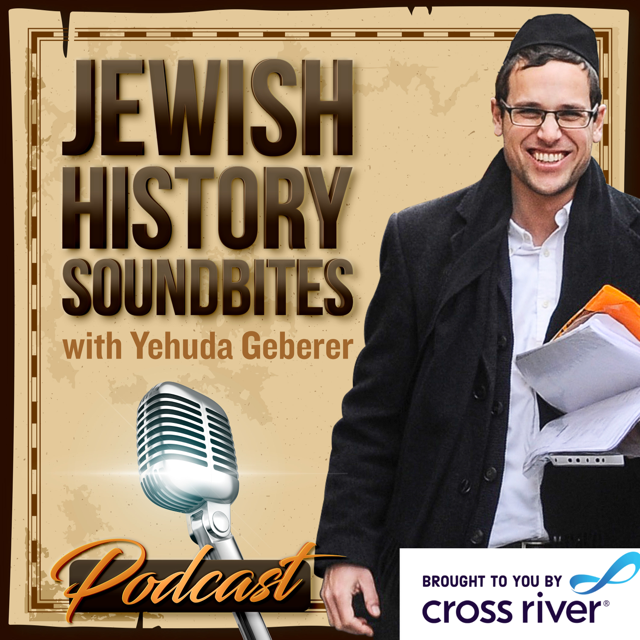The Death Marches
Description
Towards the end of 1944, as it became clear to the senior officers of the Nazi SS that the war was lost, they decided to evacuate the many concentration camps which held several hundred thousand inmates, and which stood in the path of the rapidly advancing Red Army. Himmler and his SS didn’t want to leave living witnesses to be liberated by the Allied armies, and they also wished to utilize the slave labor of concentration camp inmates in the remaining war industry in Germany for the duration of the war. During the winter of 1944-45, a mass evacuation of nearly a half a million prisoners commenced from large concentration camps such as Auschwitz-Birkenau, Stutthof and Gross-Rosen, along with many smaller camps, began under horrid conditions. Starved, diseased, freezing weather, lack of preparation for the journey, and constant shootings of those who lagged behind, made these death marches a murderous journey, in which tens of thousands were killed or died along the way. As trains were often unavailable, the bulk of these death marches took place on foot. This last deadly phase of the Holocaust was a tragic ending for many victims, and a traumatic memory for the few survivors.
Cross River, a leading financial institution committed to supporting its communities, is proud to sponsor Jewish History Soundbites. As a trusted partner for individuals and businesses, Cross River understands the importance of preserving and celebrating our heritage. By sponsoring this podcast, they demonstrate their unwavering dedication to enriching the lives of the communities in which they serve. Visit Cross River at https://www.crossriver.com/
Subscribe to Jewish History Soundbites Podcast on: PodBean: https://jsoundbites.podbean.com/ or your favorite podcast platform
Follow us on LinkedIn, Twitter or Instagram at @Jsoundbites
For sponsorship opportunities about your favorite topics of Jewish history or feedback contact Yehuda at: [email protected]
More Episodes
Metz, France was host to one of the most prominent Jewish communities in the world at one point in history. An ancient Jewish community, it experienced a flourishing during medieval times before the Jews were expelled in 1365. Jewish settlement was again permitted in the mid-16th century and from...
Published 11/16/24
Germany Jewry of the 19th century was going through a period of transition. Emancipation was a struggle which was incrementally achieved, and rampant secularization and integration into German society followed. The rise of Orthodoxy was an attempt to preserve tradition within the modern context....
Published 11/09/24
Published 11/09/24


